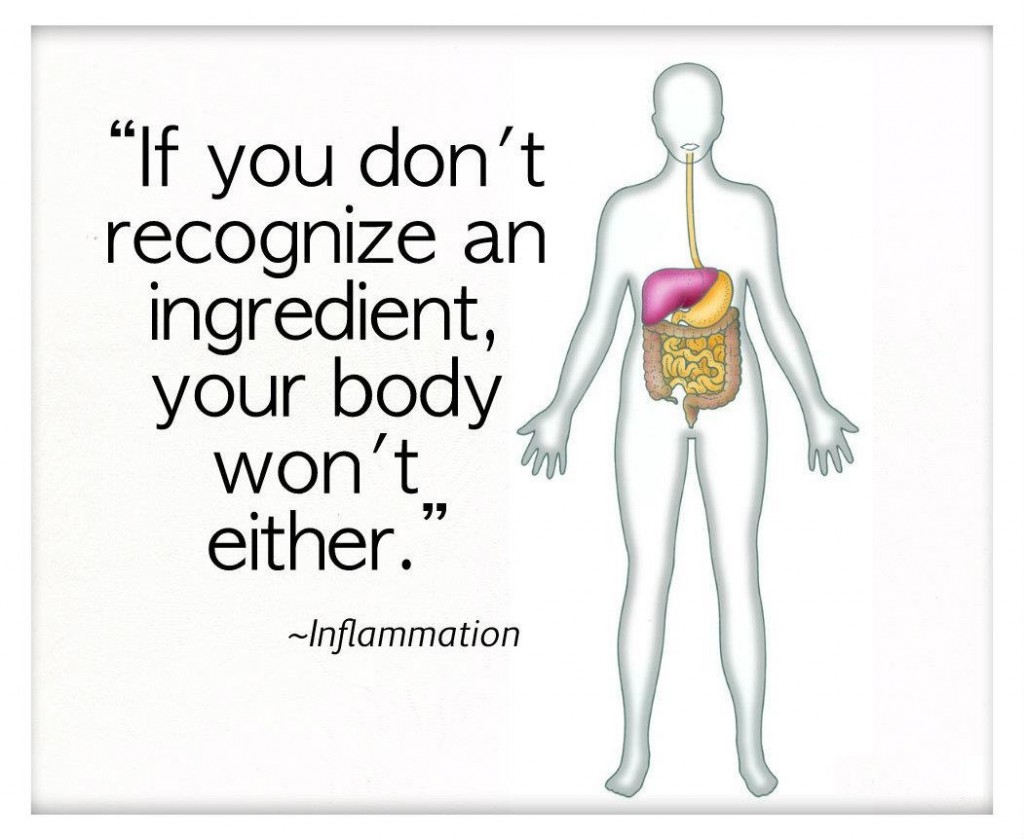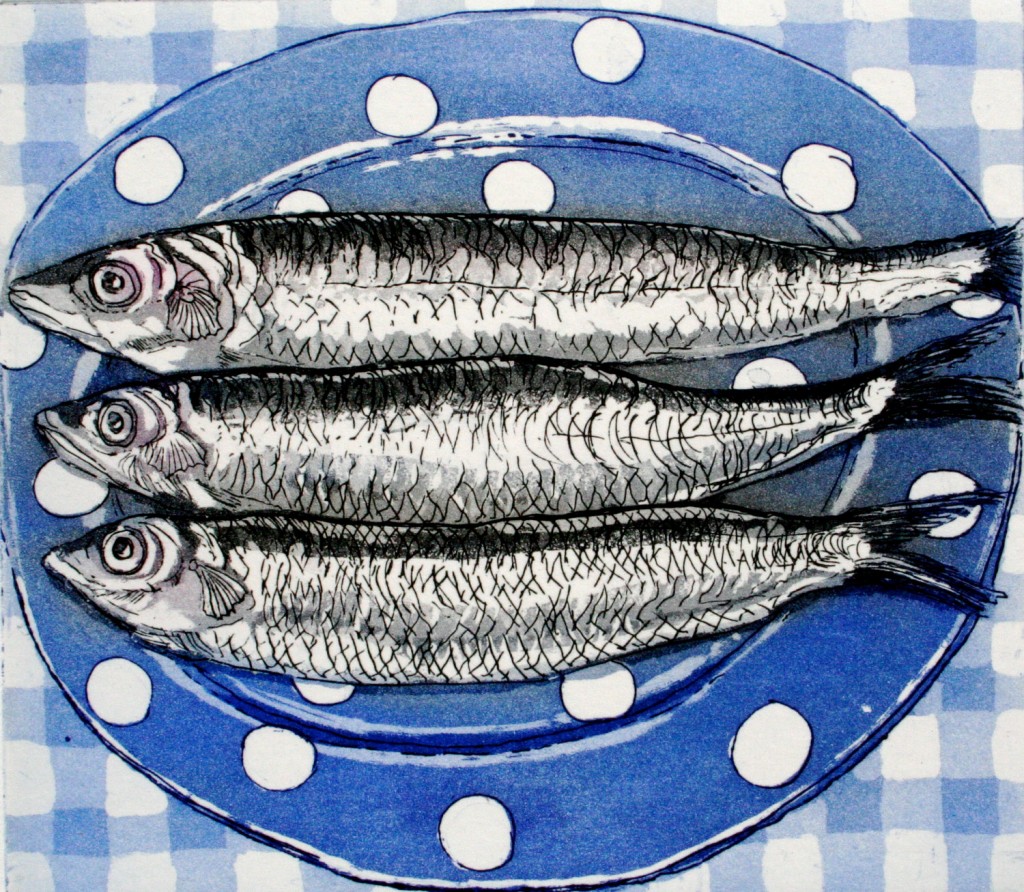
In our office, we see many patients who are not injured – they’re simply looking to make their bodies work more efficiently. After all, normal structure allows your body to operate smoothly and function at its best. But, for those who find their way into our office with an injury and those who may be contemplating a visit, this post is for you.
There are many reasons why an injury would not improve, here’s 5 that you may not thought of:
1. Not Enough Sleep
Getting a good night’s sleep is one of the cornerstones of health. Sleep is when your body is able to heal and repair. Aim for at least 7 hours of real sleep – as in not using any sleeping “aids” (they actually impair the ability to reach the deeper stages of sleep). So what can you do: try limiting caffeine and alcohol consumption during the day, keeping your bedroom cool, avoiding foods we may be sensitive to (sugar, grains, dairy), and getting some form of exercise daily (even walking as little as 30 minutes a day).
2. You’re Not Moving
I know, you’re injured – you think you should rest. The truth is that too much rest will actually delay your recovery. Most tissues recover more quickly from injury or trauma if they’re gently used. This means staying active after an injury – it does NOT mean doing things that will likely aggravate your condition.
3. Your Diet Stinks
Harsh yes, but often times bad dietary habits are a contributing factor to delayed recovery from an injury. Studies show that as the body heals it uses more energy to aid recovery (potentially increasing energy needs by 15%). This can mean that the calorific requirement may be more than anticipated, so think twice before cutting back – just make sure that all your calories come from nutrient-dense foods: fruit and vegetables, good fats and pasture raised protein. You should also increase your intake of wild caught fish (or supplement with a high quality fish oil) which are rich in omega-3 and have an anti-inflammatory effect.
4. Attitude Adjustment
Research has found that having a positive attitude and strong mental awareness is essential in an individual’s recovery, whether it be from a physical or mental injury. This is because stress and depression have been shown to compromise every system in the body. The mind is a powerful thing – you have to want to get better. So take part in your care, be committed to your exercises,and ensure you are eating well, sleeping, and doing lots of recovery work.
5. You’re Only Addressing Symptoms
Most chiropractors, physical therapists, and massage therapists focus on relieving your symptoms. You can go to any one of these professionals – and there is no doubt that any one of them will make you feel better. However, if your injury is related to a structural shift of the spine, then you may require our care – Structural Chiropractic Care. Injuries are often a Secondary Condition of a Structural Shift. When the Structural Alignment is restored, problems related to abnormalities in the spine and nervous system resolve.
The body has an incredible ability to heal itself. When the body has the right nutrients, regular movement through exercise, a great mindset, and full function of the nervous system, it has a recipe for long lasting health.





